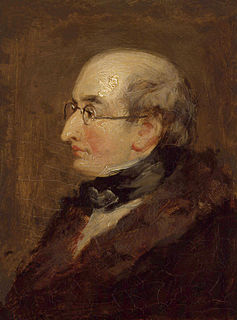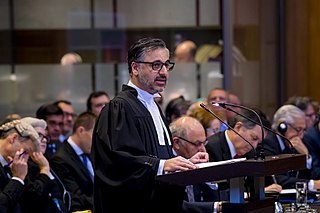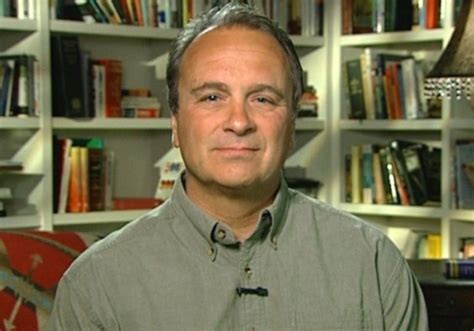A Quote by Salman Rushdie
The suicide bomber's imagination leads him to believe in a brilliant act of heroism, when in fact he is simply blowing himself up pointlessly and taking other people's lives.
Related Quotes
However much of time, labor, or other means it takes to establish a reputation, it frequently happens that it requires nearly as much to maintain it. One who has written a good book, is expected on all occasions to "talk like a book." Or, if one has achieved an act of heroism, he is expected to perform acts of heroism for the edification of all who approach him. There are people who can never believe they see a lion unless they hear him roar.
The explanation of the propensity of the English people to portrait painting is to be found in their relish for a Fact. Let a man do the grandest things, fight the greatest battles, or be distinguished by the most brilliant personal heroism, yet the English people would prefer his portrait to a painting of the great deed. The likeness they can judge of; his existence is a Fact. But the truth of the picture of his deeds they cannot judge of, for they have no imagination.
Storytelling is very important. It is through context and relations that we understand the importance of human dignity. The concept means nothing as an abstraction. It's important for us to understand why people do the things they do, including the monsters - the suicide bomber and the war criminal. Understanding is not acceptance. Understanding is exploring the human psyche. If we want to put an end to violence, we need to have the sort of conversation I had with the teenage suicide bomber.
The first suicide bombing that entered my consciousness was the Beirut embassy bombing. It was very personal. I'd been in the embassy and I knew most of the people in the station who were killed in the bombing. So you take the personal aspect of it and the mystery of who the bomber was and the fact that a small group of people could drive us out of a country that was absolutely key to the United States, and what was behind this... The fact that they've been able to hide the embassy bombers' identities for all these years tells me we're up against a very capable movement.
In abstract mathematics or abstract art, the purpose is to describe inner states of our mind, and to explore the limits of our own imagination and our capacity for creativity. While this has some applications in the world, I think it leads to a distance from the world. Going to Congo was for me an act of seeking proximity, of breaking that distance. With abstraction, which is brilliant and vain, you divorce yourself from any kind of proximity to other people.
The fact about himself that the liar hides is that he is attempting to lead us away from a correct apprehension of reality; we are not to know that he wants us to believe something he supposes to be false. The fact about himself that the bullshitter hides, on the other hand, is that the truth-values of his statements are of no central interest to him . . . He does not care whether the things he says describe reality correctly. He just picks them out, or makes them up, to suit his purpose.
Mankind's common instinct for reality has always held the world to be essentially a theatre for heroism. In heroism, we feel, life's supreme mystery is hidden. We tolerate no one who has no capacity whatever for it in any direction. On the other hand, no matter what a man's frailties otherwise may be, if he be willing to risk death, and still more if he suffer it heroically, in the service he has chosen, the fact consecrates him forever.
It is a curious fact that no man likes to call himself a glutton, and yet each of us has in him a trace of gluttony, potential or actual. I cannot believe that there exists a single coherent human being who will not confess, at least to himself, that once or twice he has stuffed himself to bursting point on anything from quail financiere to flapjacks, for no other reason than the beastlike satisfaction of his belly.







































